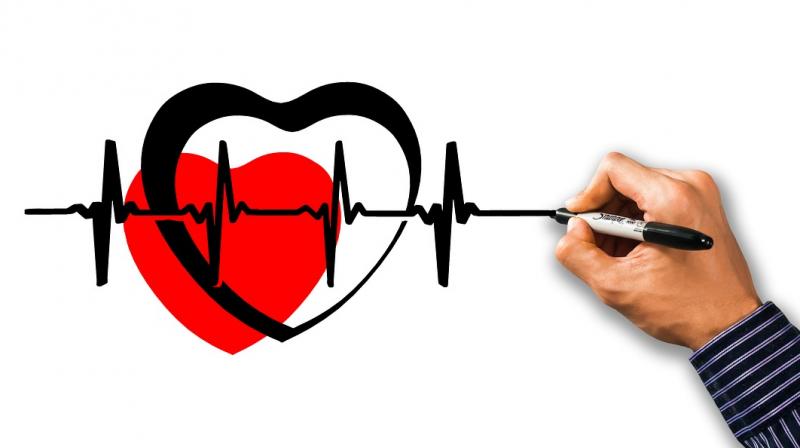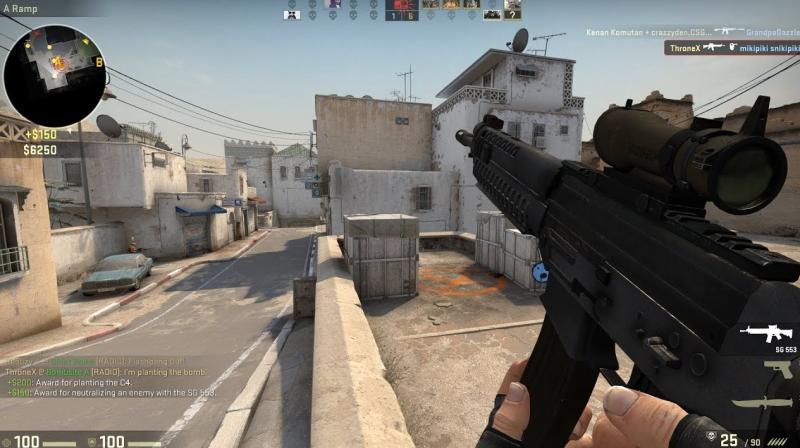 New York: Scientists in the US are using artificial intelligence (AI) algorithms to identify which COVID-19 patients are at risk of adverse cardiac events such as heart failure, sustained abnormal heartbeats, heart attacks, and death. The researchers from Johns Hopkins University in the US said they have recently received a USD 195,000 grant from the National Science Foundation for the study.
New York: Scientists in the US are using artificial intelligence (AI) algorithms to identify which COVID-19 patients are at risk of adverse cardiac events such as heart failure, sustained abnormal heartbeats, heart attacks, and death. The researchers from Johns Hopkins University in the US said they have recently received a USD 195,000 grant from the National Science Foundation for the study.
They noted that increasing evidence of COVID-19’s negative impacts on the cardiovascular system highlights a great need for identifying COVID-19 patients at risk for heart problems.
However, the researchers said no such predictive capabilities currently exist.
“This project will provide clinicians with early warning signs and ensure that resources are allocated to patients with the greatest need,” said Natalia Trayanova, a professor at the Johns Hopkins University, and the project’s principal investigator.
The first phase of the one-year project will collect the data from more than 300 COVID-19 patients admitted to Johns Hopkins Health System (JHHS).
The data includes electrocardiogram (ECG), cardiac-specific laboratory tests, continuously-obtained vital signs like heart rate and oxygen saturation, and imaging data such as CT scans, and echocardiography.
The researchers said this data will be used to train the algorithm using machine learning, a field of AI which enables machines to learn from past data or experiences without being explicitly programmed.
They will then test the algorithm with data from COVID-19 patients with heart injury at JHHS, other nearby hospitals and some in New York City.
The researchers said they hope to create a predictive risk score that can determine up to 24 hours ahead of time which patients are at risk of developing adverse cardiac events.
For new patients, the model will perform a baseline prediction that is updated each time new health data becomes available, they said.
According to the researchers, their approach will be the first to predict COVID-19-related cardiovascular outcomes.
“As a clinician, major knowledge gaps exist in the ideal approach to risk stratify COVID-19 patients for new heart problems that are common and may be life-threatening,” said Allison G. Hays, Associate Professor at the Johns Hopkins University.
“These patients have varying clinical presentations and a very unpredictable hospital course,” Hays said.
The researchers explained that similar studies exist, but only for predictions of general COVID-19 mortality or a patient’s need for ICU care.
The approach is significantly more advanced, as it will analyse multiple sources of data, and will produce a risk score that is updated as new data is acquired, they said.
The researchers said the project will shed more light on how COVID-19-related heart injury could result in heart dysfunction and sudden cardiac death, which is critical in the fight against COVID-19.
It will also help clinicians determine which biomarkers are most predictive of adverse clinical outcome, they noted.
Once the research team creates and tests their algorithm, they intend to make it widely available to any interested health care institution to implement.
“By predicting who’s at risk for developing the worst outcomes, health care professionals will be able to undertake the best routes of therapy or primary prevention and save lives,” Trayanova added.


